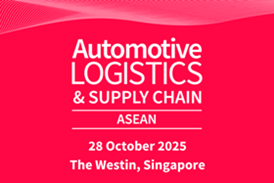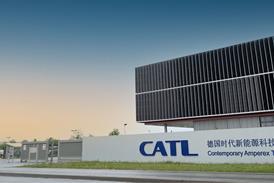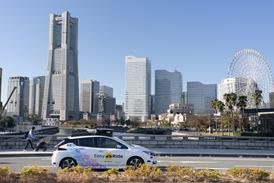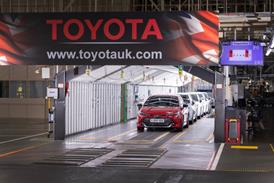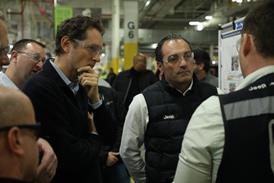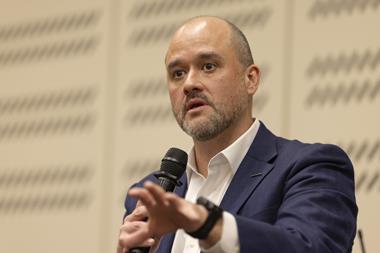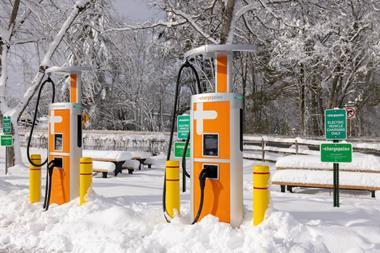
The most significant challenge facing automotive logistics in Russia is government policy according to attendees at last week’s Automotive Logistics conference in St Petersburg, with 65% of delegates surveyed citing it as the primary issue above the widespread infrastructure problems affecting logistics in the country (19%). And as Wilhelmina Shavshina, legal director at DLA Piper, told those gathered at the conference, "the administration and risk management of customs is a huge risk".
High import duties on foreign vehicles were introduced last year in an effort to protect domestic production and foreign companies involved in local production. And in a recent development, Renault and Avtovaz, which are partners at three production locations in Russia, recently approached the Russian Industry Ministry to petition for the introduction of import duties on foreign-made parts as part of a plan to encourage foreign suppliers to invest in manufacturing in Russia. Currently a zero rate of tax exists on certain parts and equipment brought into the Russian Federation, and the list of those materials has been successfully expanded through negotiation on specific projects.
As well as import duties, changes to border procedures, and the possible introduction of a customs union with Kazakhstan and Belarus, alongside the stated aim of moving clearance to the new borders, are causing a lot of concern among carmakers and logistics companies.
With over 65% of delegates stating that Russia was the region they were investing most heavily in and nearly 90% stating that Russia still deserved to be considered one of the most important emerging markets, the concerns expressed over what remains a confusing situation were unsurprising.
Customs, as part of government policy, was also seen as a major challenge, with over 54% of delegates canvassed in the dedicated finished vehicle sessions during the conference identifying it as the most important area affecting the import and export of vehicles.
While acknowledging that the Russian government had handled the crisis hitting the automotive sector very well, Jan Bures, head of Group Service Division, at Volkswagen Group Rus admitted that “customs remains one of the difficult areas.”
“There is too little transparency,” said Bures. “Sometimes it is difficult to approach customs authorities and sometimes difficult to explain to them the way car manufacturers operate. To us it seems that customs are more interested in making money for the government instead of being the regulative force in trade.”
The breakdown of vehicle throughput at St Petersburg port when foreign carmakers changed their pricing simultaneously and the customs office was overwhelmed by the paperwork was just one recent example of the precarious nature of Russian customs.
DLA Piper's Shavshina told delegates: “Now we have a whole range of new issues in connection with the beginning of the customs union operation. The union will have the most impact on your industry.”
Most delegates and speakers were confused about the exact nature and scope of the changes, and the impact on the processes for clearing parts and vehicles.
The obscurity surrounding these changes was something picked up by Sollers Auto’s head of logistics, Ivan Karasev, who noted that, as the company tries to optimise the current flow of SKDs and finished vehicles, there are customs clearance problems to be faced and a lack of clarity on what is going to happen when the customs union changes and the provisions that will then have to be made.
Russia and Kazakhstan are moving forward with final steps to create a regional customs union regardless whether Belarus joins the entity or not, Russia's first deputy prime minister Igor Shuvalov said on Monday. An announcement is currently expected by July 5th.












